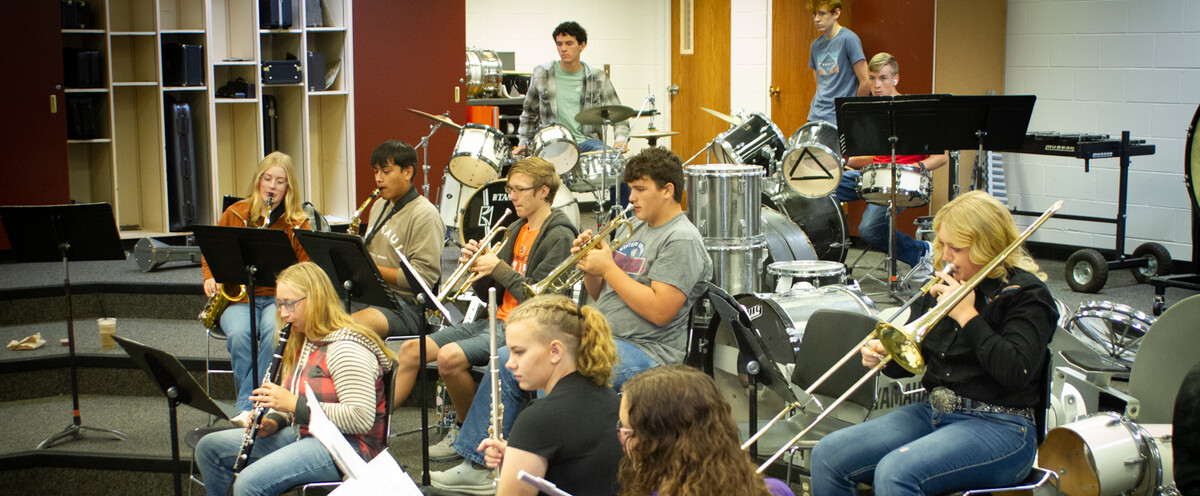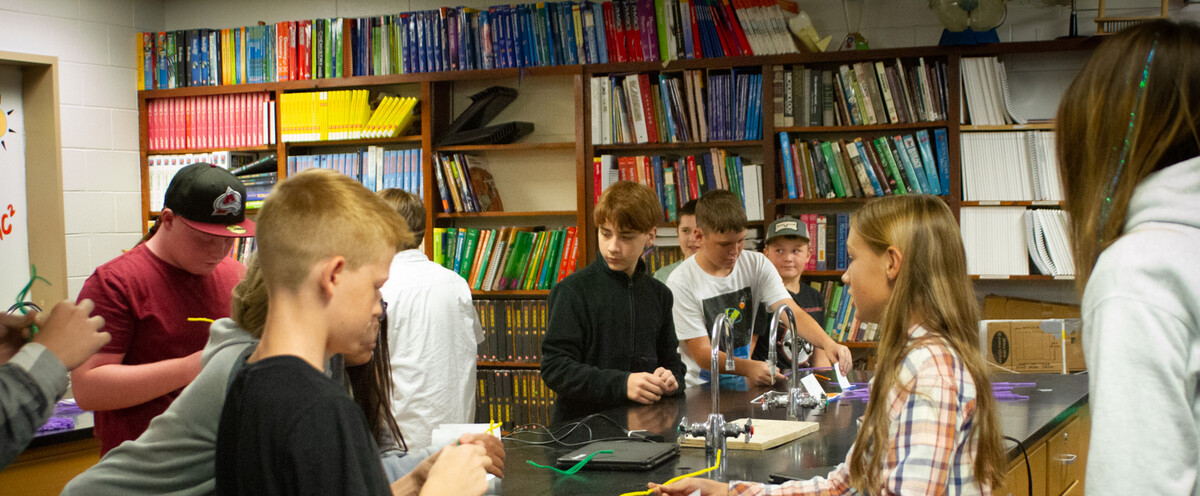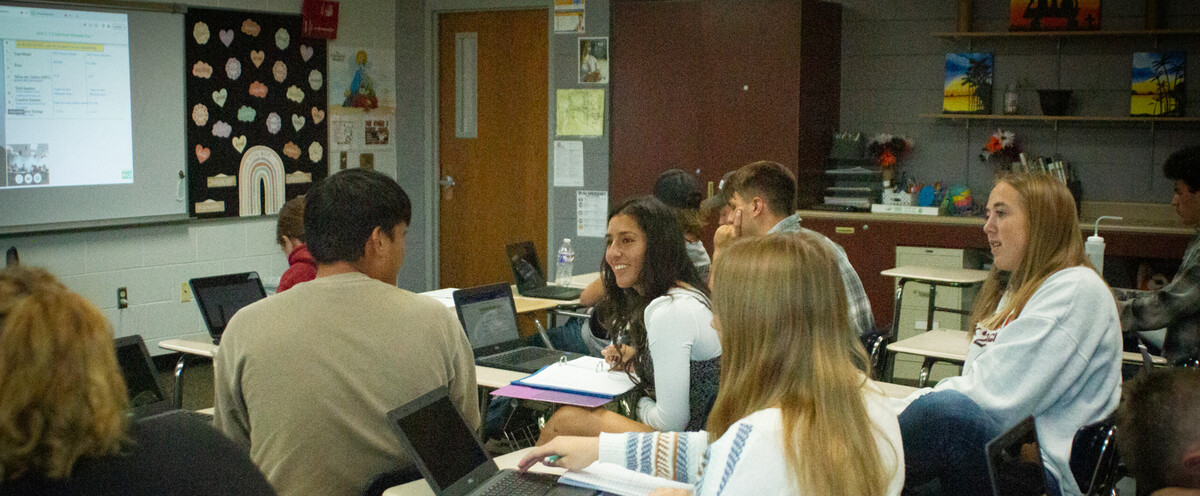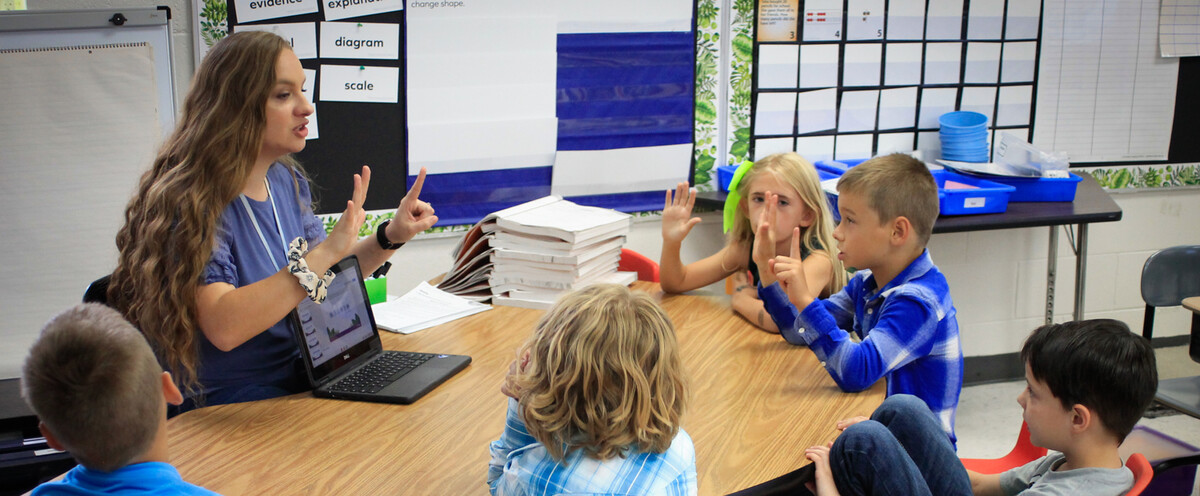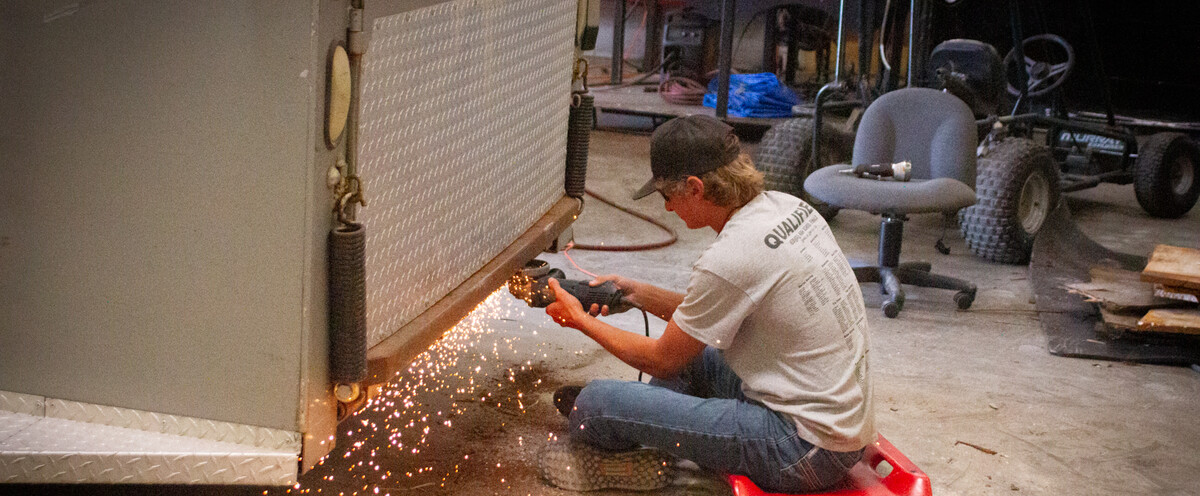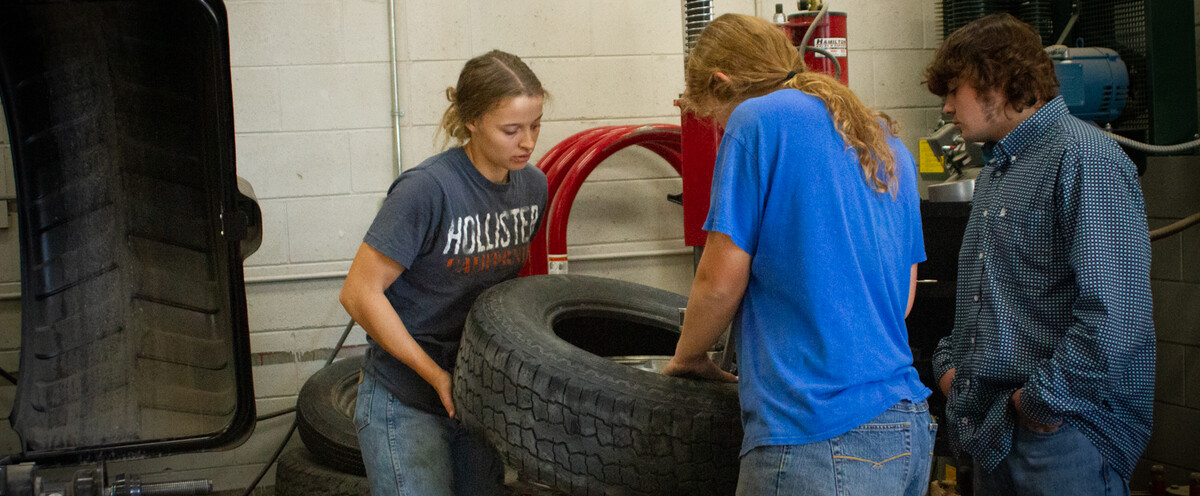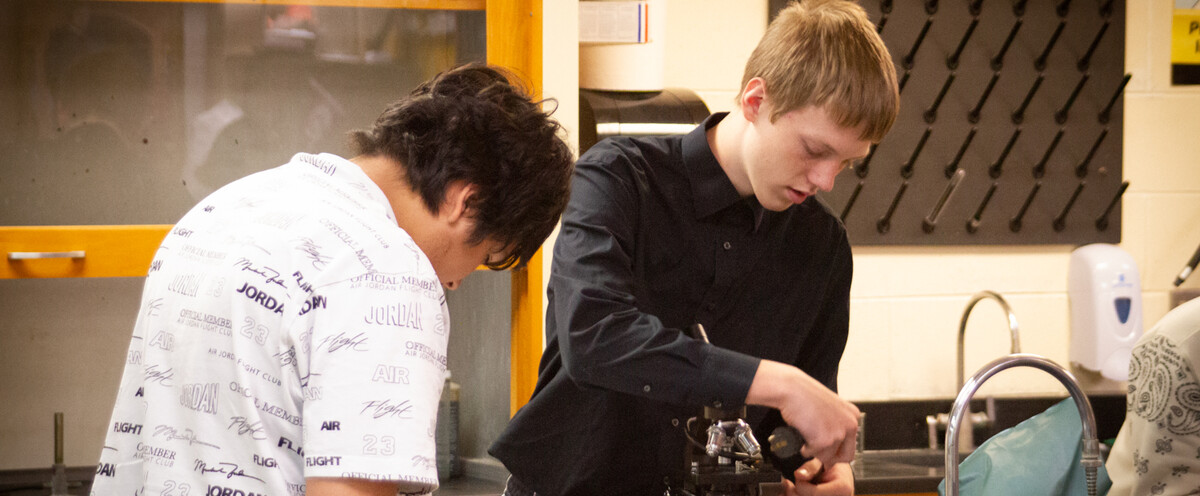Why History is Taught
Reflecting on Why History is Taught
by Tammy Tillman, Activities, Assessment, and Curriculum Director
Machiavelli stated, "Whoever wishes to foresee the future must consult the past; for human events ever resemble those of preceding times. This arises from the fact that they are produced by men who ever have been, and ever shall be, animated by the same passions, and thus they necessarily have the same results."
As I walked through the Alamo not only was impressed by the history that was enclosed in this plaza, but the respect of the all those within the walls, even the small children. History gives us a looking glass of what it is that so many have fought and died to protect. The visit caused me to reflect on why we teach our students history and I hope the new Nebraska State Standards for Social Studies will not forget the purpose of history in the schools.
Our students study the past in school not because our students need to know a collection of old facts and dates, but because history helps them understand how the world works and people behave. Knowledge of the past is required for understanding present realities. When our students share some common knowledge of history, they can discuss their understandings with one another and use it to further their learning.
Students familiar with history know their unique place in the timeline of life; they have a sense of the past that is shaping their future, where it may veer off course and how it might be kept on track. A democracy needs citizens with sound judgment and wisdom; the teaching and learning of the past is an essential.
From history comes the documentation of our culture, which gives us a sense of pride, which every stone, bush, tree, wall, document and person exhibited at the Alamo. History influences the moral of new generation and compels them to excel in every spectra of their life to keep their tradition of excellence. History is a window to look in on the past and learn about the many cultures of the United States and how they have influenced its development.
In some, I concur to the point that, even though some technologies, literatures, customs of years gone-by may not be relevant today, but still many things from history enlighten us today and give a way out to solve modern problems. "Remember the Alamo" not as a battle lost, but part of what formed who we are today.
